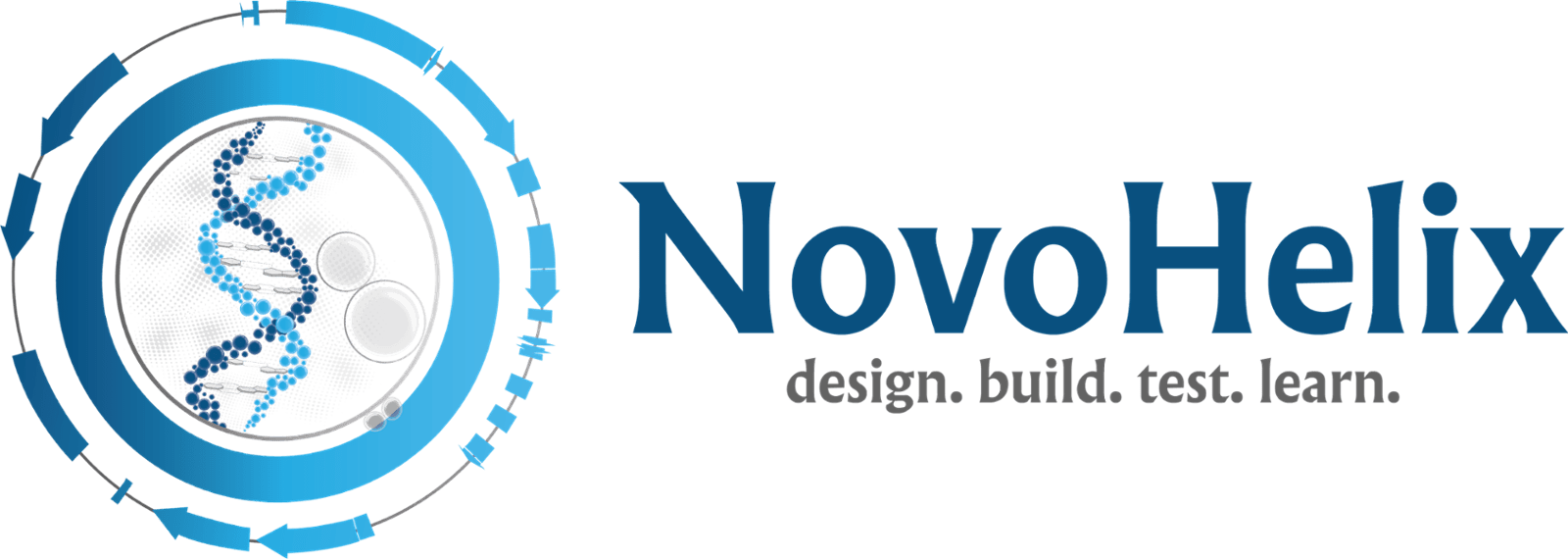animal model resources
Index
Name
Description
Website
2
BLAT
DNA BLAT allows for quickly searching genomic sequences and was created by Jim Kent.
3
NCBI Entrez
Search across NCBI databases simulataneously
6
Reverse Complement
Converts a DNA sequence into its reverse complement
8
CCTop
CRISPR target prediction tool created by Perez et al, 2015.
10
International Mouse Strain Resource (IMSR)
IMSR is a searchable online database of mouse strains, stocks, and mutant ES cell lines
12
Founder Principle-Driven Enrichment Calculator
Tool that allows isolation of rare BAC recombinants after recombineering.
13
StemBook
Open access collection of content covering a range of topics related to stem cell biology
15
Fpbase
Database for fluorescent proteins (FPs) and their properties
17
NCI Mouse Repository
National Cancer Institute (NCI) resource for mouse cancer models and genetically engineered mESC lines
18
Rat Resource & Research Center
Supply biomedical investigators with rat models and rat embryonic stem cells
19
CRISPR RGEN tools
Computational tools and libraries for RNA-guided endonucleases (RGENs)
20
International Embryo Technology Society (IETS)
Professional organization that covers animal reproductive biotechnologies including somatic cell nuclear transfer and transgenesis.
21
International Society for Transgenic Technologies (ISTT)
Professional society that advances the field of animal transgenesis.
22
International Society for Stem Cell Research (ISSCR)
Premier organization that brings together stem cell researchers and stem cell science.
23
American Society of Gene & Cell Therapy (ASGCT)
Society for scientists, physicians, professionals, and patient advocates involved in gene and cell therapy.
24
International Society of Reproductive Nuclear Transfers (ISRNT)
Professional society intended to share knowledge and experience of reproductive nuclear transfer and embryological procedures including safety of the state-of-the-art genetic technologies.
25
FORECasT (Favoured Outcomes of Repair Events at Cas9 Targets)
A computational program for prediction of editing outcomes resulting from Cas9-induced double strand breaks.
26
inDelphi
A computational model that predicts the heterogeneous (100+ unique) mixture of indels resulting from microhomology-mediated end-joining (MMEJ) and non-homologous end-joining (NHEJ) at a CRISPR-induced cut.
27
NIH Model Organism Sharing Policy
Adherence to NIH model sharing plan
28
FDA - Regulation of Intentionally Altered Genomic DNA in Animals
29
MMRRC - Mutant Mouse Resource & Research Centers
USA public repository system for mutant mice which contains more than 50,000 mutant alleles maintained as live mice, cryopreserved germplasm, and/or mutant ES cells.
30
sgRNA-PSM
A computational predictor of sgRNAs on-target activity based on Position Specific Mismatch
31
NIH recombinant DNA guidelines
The NIH requires researchers to register all in vivo and in vitro research involving biological materials, including recombinant DNA, wild-type and genetically modified microorganisms, bacterial and viral pathogens, prions, regulated biological toxins, human and non-human primate tissues, cells, cell lines, human gene transfer and xeno-transplantation, as well as the creation of transgenic animals and plants.
32
Commerce Control List of US Department of Commerce
The US Department of Commerce Bureau of Industry and Security requires compliance with any nucleic acid construct or genetically engineered organism that contains certain viral genetic elements as denoted in sections 1C351 and 1C353. For distribution, recipients must have applied for an export license. The Food and Drug Administration (FDA) and the Drug Enforcement Administration (DEA) may control exports of items subject to the EAR and on the Commerce Control List. Please review the federal guidelines Commerce Control List category 1 document.
33
ARENA/OLAW IACUC Guidebook
Guidebook for animal care and use in a biomedical research laboratory setting.
34
Synthetic Biology Open Language (SBOL)
SBOL is an open standard for the representation of in silico biological designs.
35
International Gene Synthesis Consortium
International Gene Synthesis Consortium (IGSC) is an industry-led group of gene synthesis companies and organizations formed to design and apply a common protocol to screen both the sequences of synthetic gene orders and the customers who place them. In addition, the consortium works with national and international government organizations and other interested parties to promote the beneficial application of gene synthesis technology while safeguarding biosecurity.
37
CRISPOR
A program that helps design, evaluate and clone guide sequences for the CRISPR/Cas9 system
38
DeepHF
An online design tool for gRNA activities for several Cas9 nucleases
39
NIH-NCI Best Practices for Biospecimen Resources
The NCI Best Practices identifies salient guiding principles that define state-of-the-science biospecimen resource practices, promotes biospecimen and data quality, and supports adherence to ethical and legal requirements.
